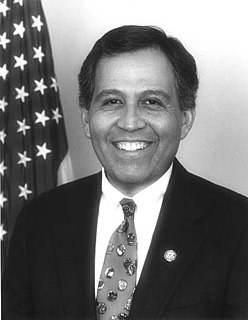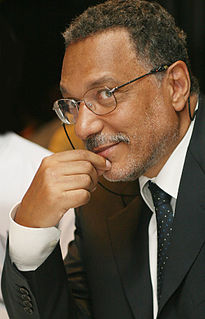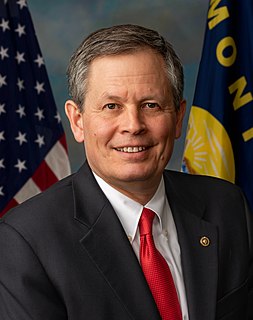A Quote by Noam Chomsky
For example, the insurance industries and the big banks are absolutely euphoric now - on the business pages they don't even conceal it - because they've succeeded in coming out of the crisis even stronger than they were before, and in a better position to lay the basis for the next crisis. But they don't care, because they'll get bailed out again. That's class consciousness with a vengeance.
Related Quotes
Fannie Mae and Freddie Mac - two bloated and corrupt government-sponsored programs - contributed heavily to the crisis.In order to prevent another crisis, we need to do what we should have done years ago - reform Fannie Mae and Freddie Mac. We also need to repeal Dodd-Frank, the Democrats' failed solution. Under Dodd-Frank, 10 banks too big to fail have become five banks too big to fail. Thousands of community banks have gone out of business.
Critics, often for good reason, are concerned that the Fed is wielding its vast powers in the interests of the banks and not in the interests of the people. After the financial crisis, Americans have perceived that the banks have been bailed out, but a significant proportion of the population is still in serious economic trouble.
When you have three out of the four largest banks in America today, bigger than they were - significantly bigger than when we bailed them out because they were too big to fail, I think if Teddy Roosevelt were alive today, a good Republican by the way, what he would say is: Break them up; they are too powerful economically; they are too powerful politically.
What sense would it make to classify a man as handicapped because he is in a wheelchair today, if he is expected to be walking again in a month, and competing in track meets before the year is out? Yet Americans are generally given 'class' labels on the basis of their transient location in the income stream. If most Americans do not stay in the same broad income bracket for even a decade, their repeatedly changing 'class' makes class itself a nebulous concept. Yet the intelligentsia are habituated, if not addicted, to seeing the world in class terms.





































